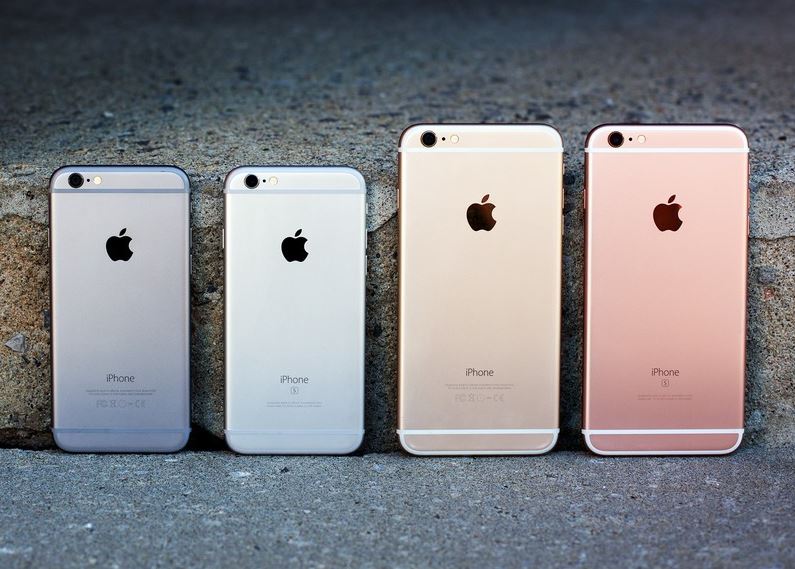×
The Standard e-Paper
Stay Informed, Even Offline

If you trawl around the crooks of the Internet, you will ll likely come across a group of Android fans saying some pretty insulting things about iPhone users, or iPhone fans making unflattering statements about Android users.
But petty arguments aside, what are some of the reasons people buy iPhones?